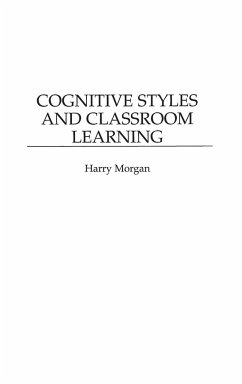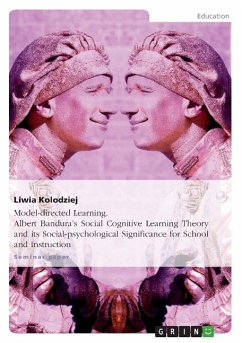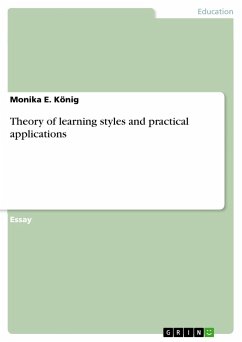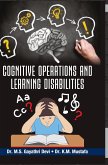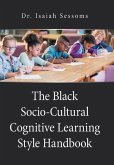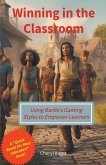Cognitive style theory suggests that individuals utilize different patterns in acquiring knowledge. This book describes various styles of processing information that are employed by children as they receive new information in various settings-especially in teaching/learning situations. Cognitive style is not an indication of one's level of intelligence, but a description of the unique strategies that learners employ in acquiring new information. This book describes individual differences that have been documented through scholarly investigations of cognitive styles, highlights philosophical and theoretical foundations of cognitive style concepts, and pinpoints implications for classroom practice. Researched concepts are interwoven with current issues such as affirmative action and public policy to promote ideas that assist with a better understanding of at-risk learners and troubled youth in general. Currently, the theory of multiple intelligences is receiving widespread acceptance. This book suggests that MI theory is merely a reframing of cognitive style theory. The book also details how some children diagnosed as hyperactive are improperly labeled.

